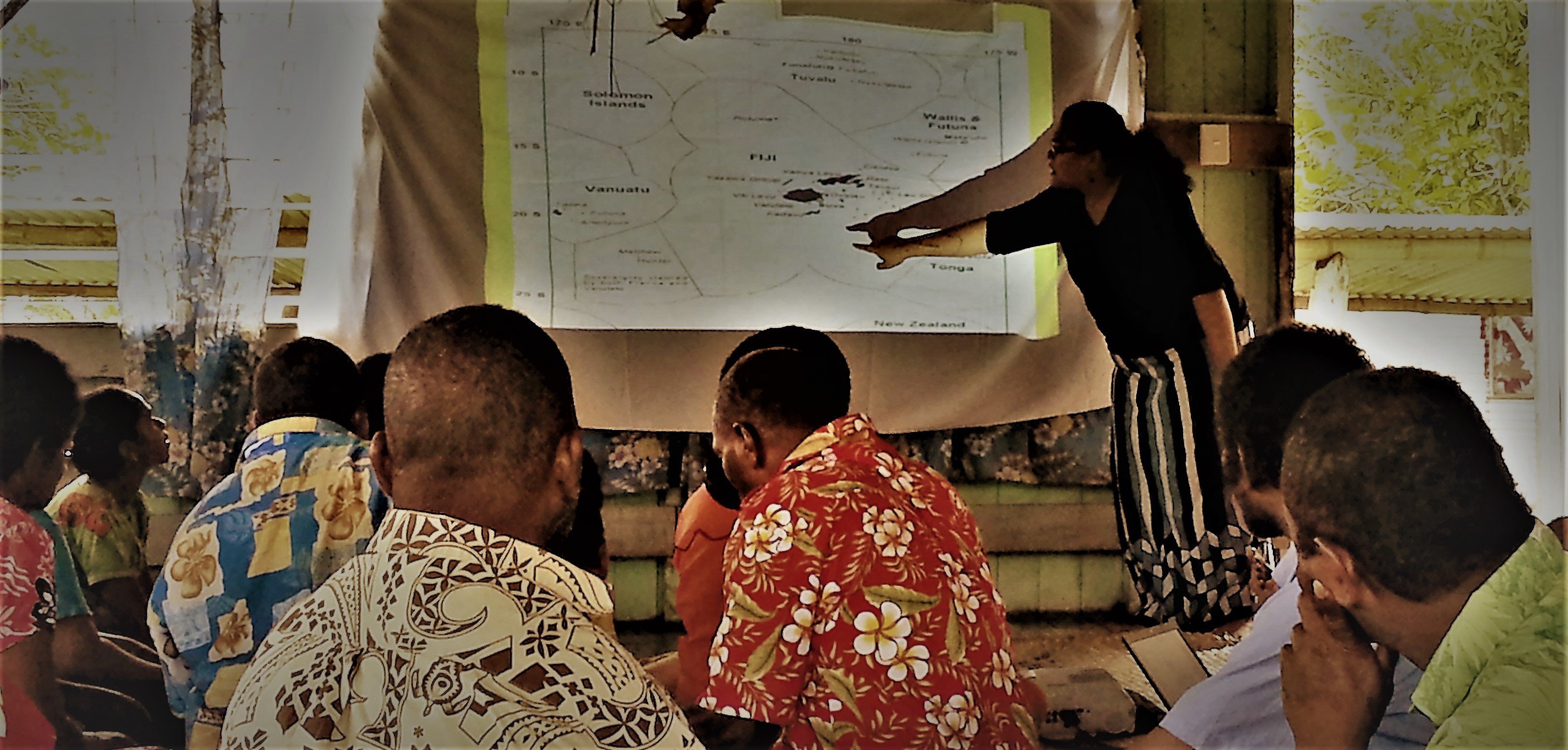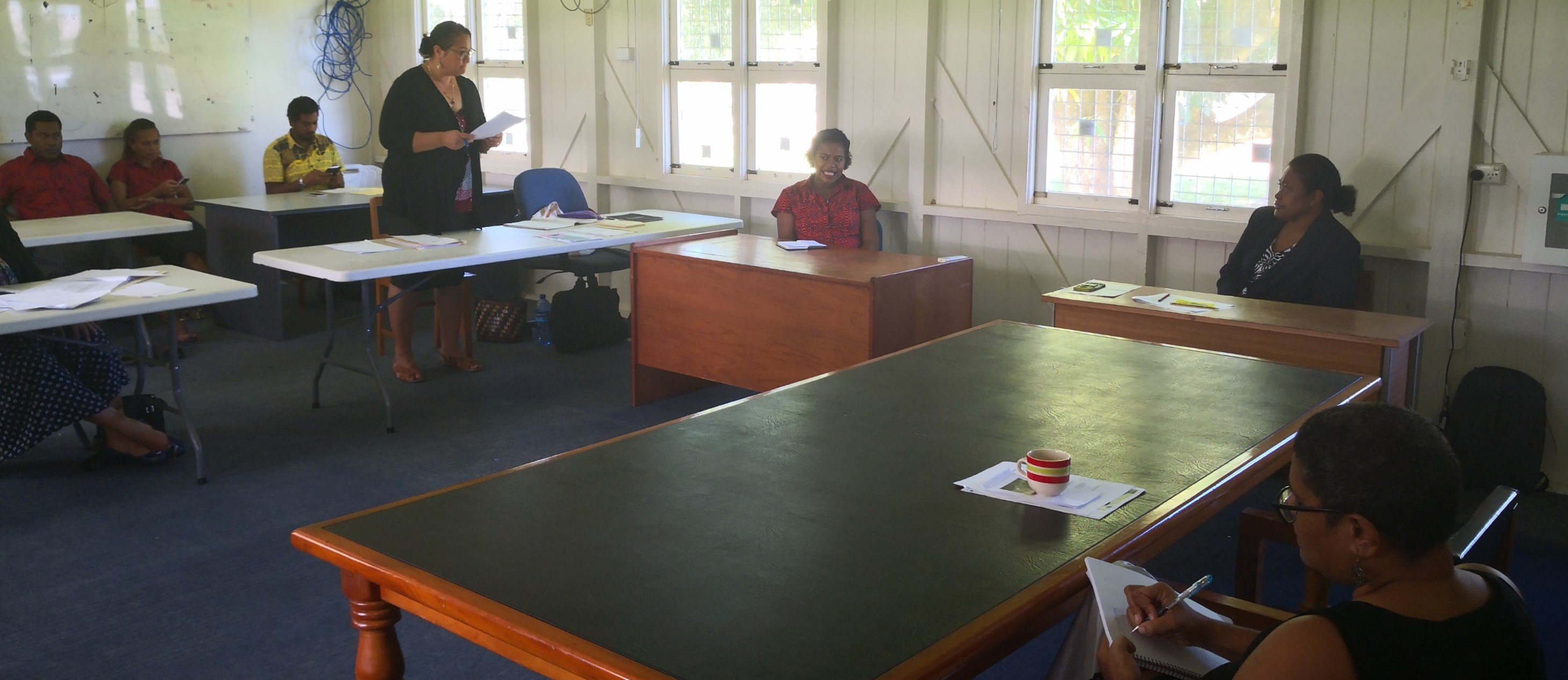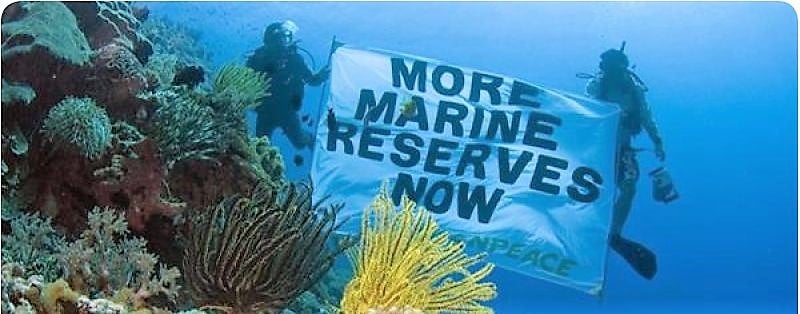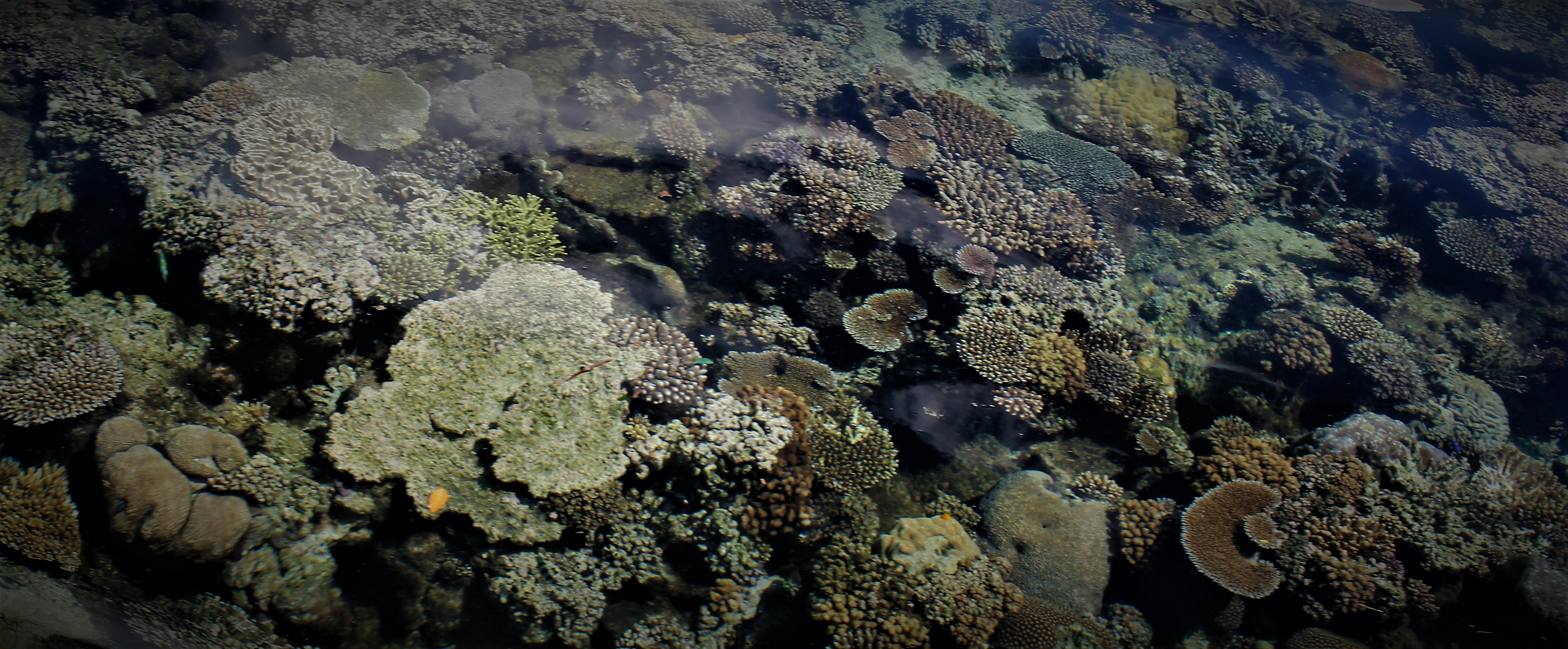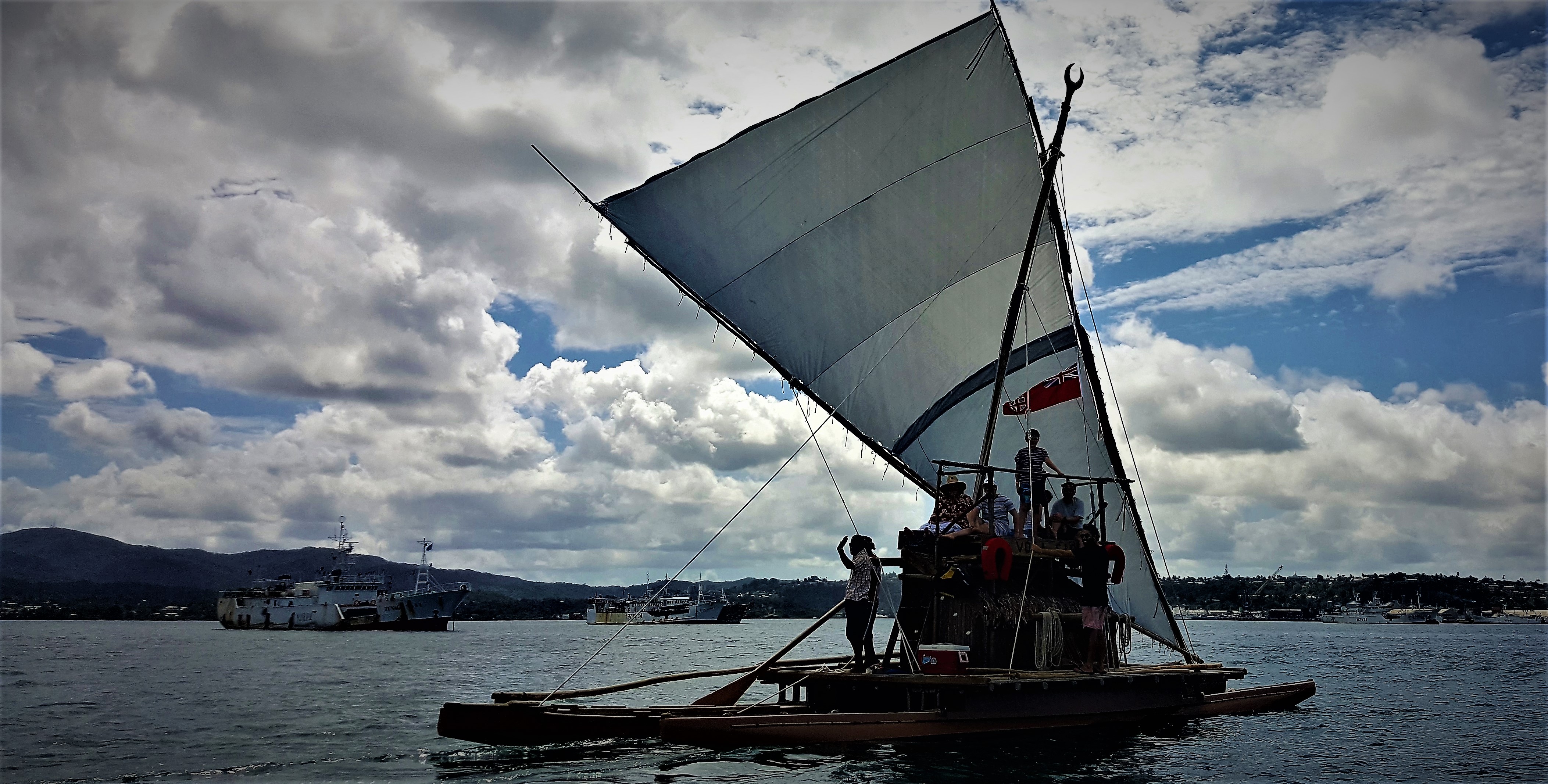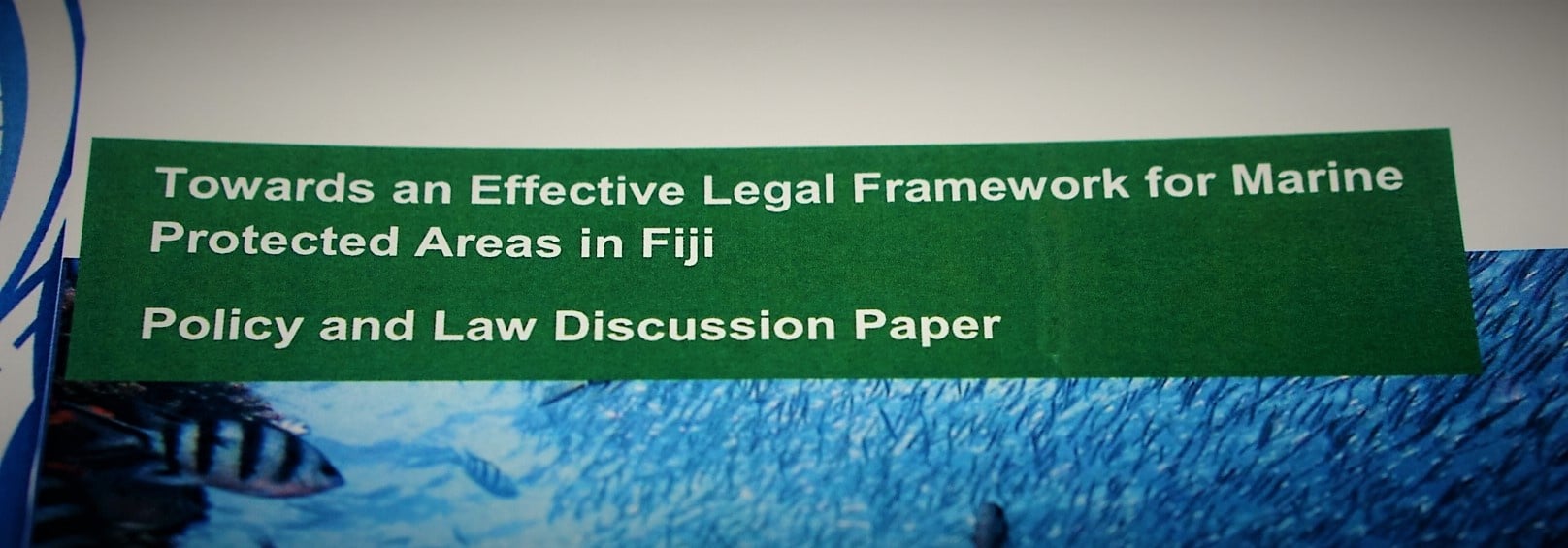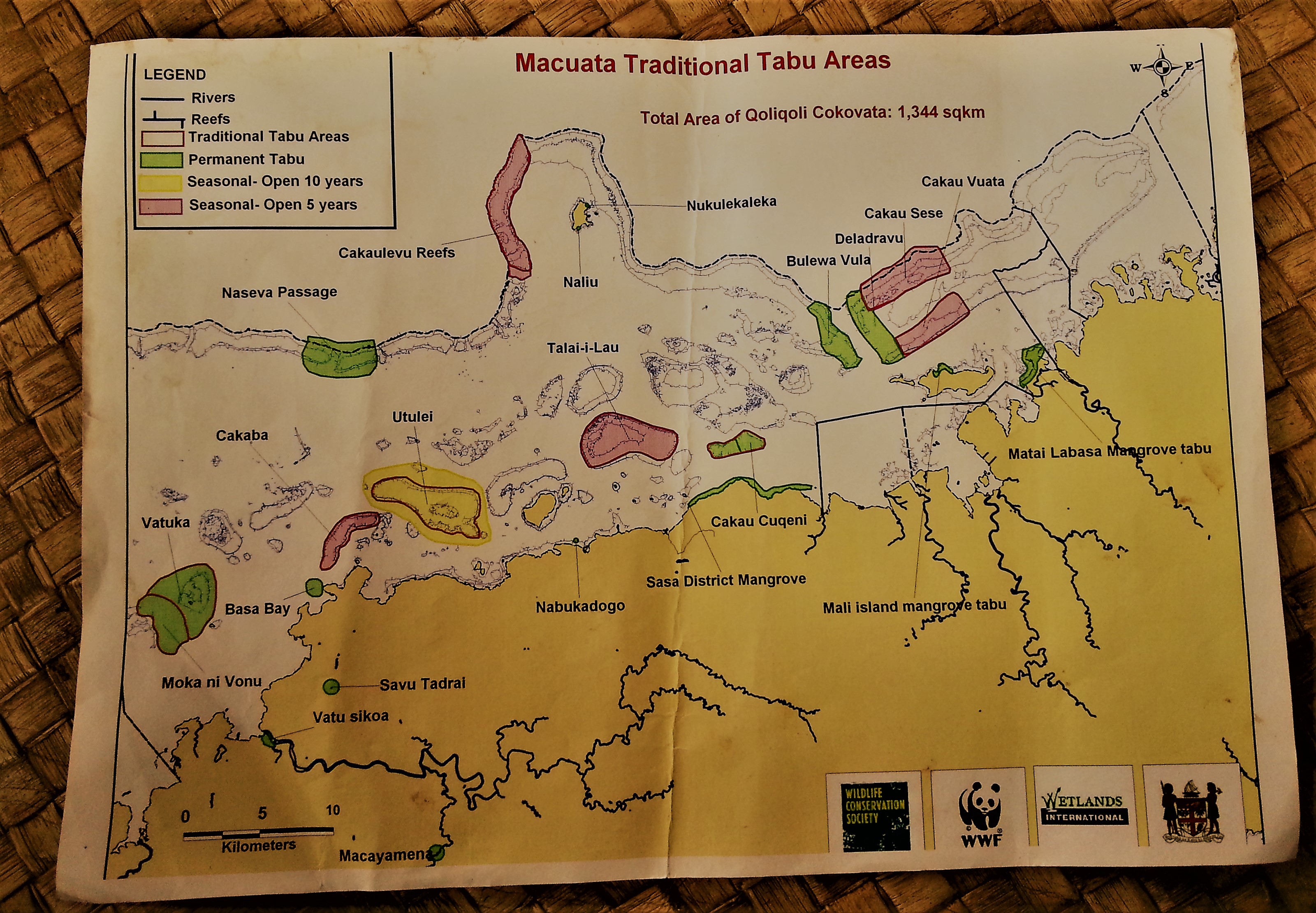This is a big year for oceans governance in Fiji and the Pacific. The Fiji government has just published Fiji's first National Ocean Policy (NOP) online and has announced that the NOP will be “enshrined in law” as part of its proposed Climate Change legislation. Fiji will then move towards designating 30% of its 1.2 million km2 of ocean within its Exclusive Economic Zone (EEZ) as marine protected areas (MPAs) with 100% sustainable management of its EEZ by 2030. These ocean initiatives are line with the United Nations Sustainable Development Goal 14 (SDG 14 - Life Below Water), and Fiji’s long standing commitments on the world stage.
Fiji’s goal to designate 30% of its EEZ as offshore MPAs presents significant challenges for the Fiji government because - to put it bluntly - this is an expensive initiative. In 2021, more than ever before economies everywhere, and particularly in the Pacific, are suffering. In this context designating MPAs that will alter and limit existing rights and activities, including but not limited to existing fishing practices that contribute to Fiji’s economy, requires both significant political will and long term funding. This funding is essential to undertake a proper process of designating MPAs but more importantly to assist the longer term government burden of regulation of those designated MPAs. This regulatory burden includes the ongoing monitoring, control, surveillance and enforcement of Fiji’s EEZ and MPAs across a vast area of Pacific ocean.
In February 2021, the Office of the Pacific Ocean Commission (OPOC), established under the Pacific Ocean Commissioner, Dame Meg Taylor launched an excellent “suite of Ocean reports” with a focus on ocean finance. This focus on ocean finance is well timed to assist PICs to address the major challenge of finding a way to make the protection of its ocean ecosystems both politically and economically viable.
In this bulletin we consider OPOC’s paper “Funding Marine Protection At Scale” and make some respectful recommendations in relation to how to increase the funding within Fiji to assist Fiji's government, acting on behalf of the State, to fund the designation and regulation of MPAs.




